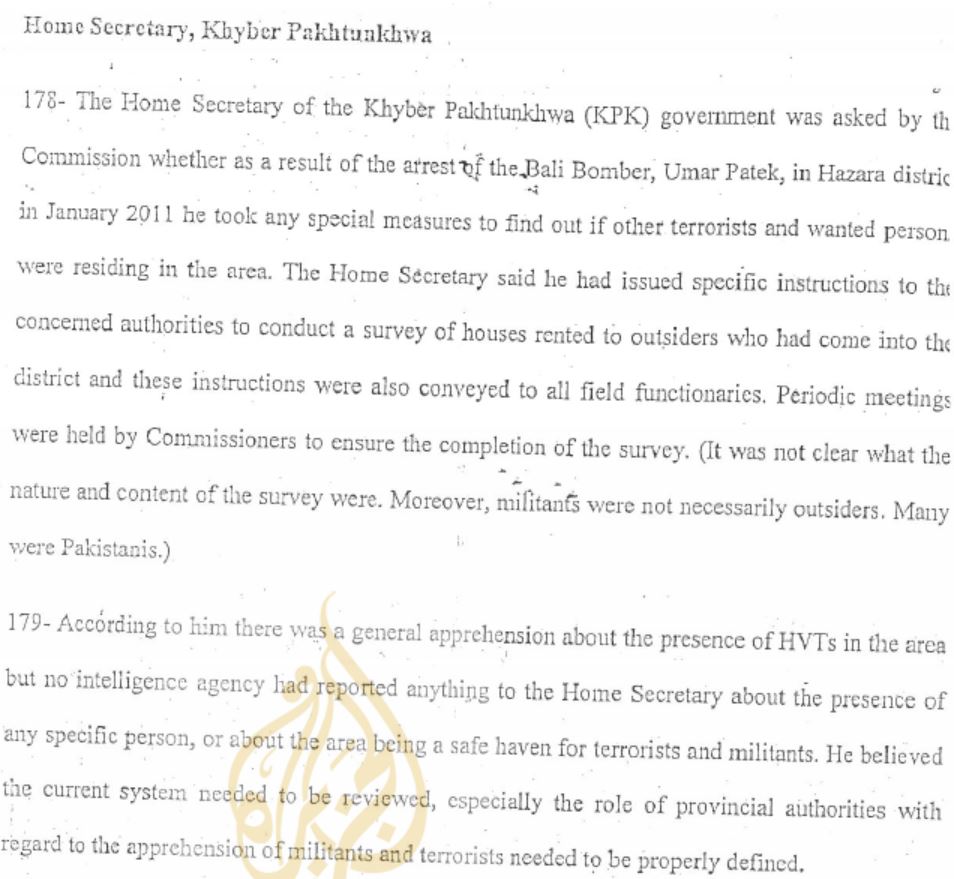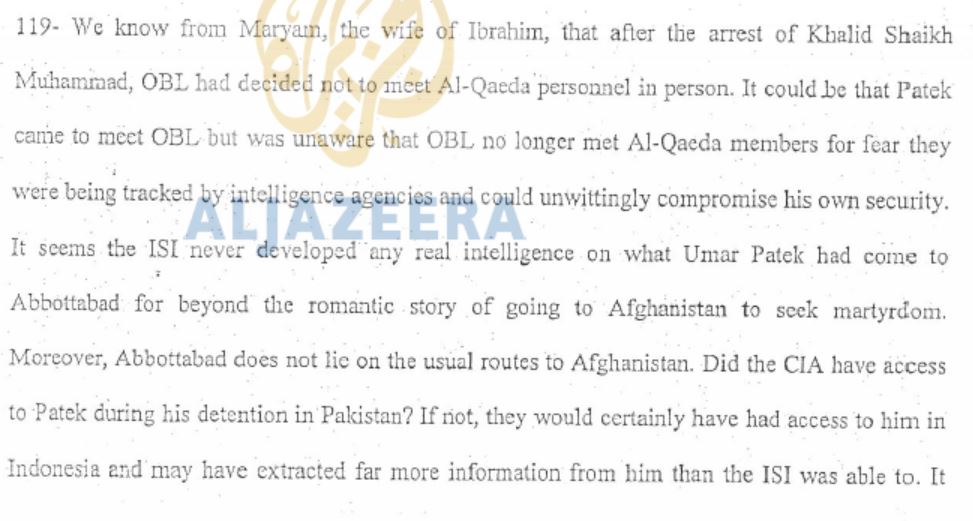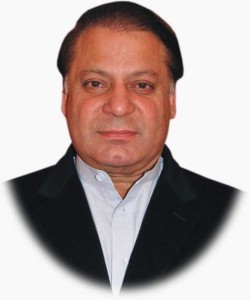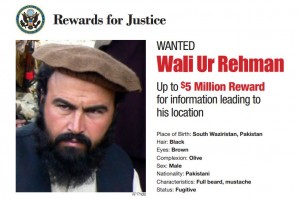The US has set the end of this month as its artificial deadline for signing a Status of Forces Agreement (SOFA, also Bilateral Security Agreement, or BSA) with Afghanistan to govern the presence of US troops inside Afghanistan after the scheduled end of NATO operations at the end of 2014. The driving force behind this push to have the SOFA in place so far ahead of the end of next year was to prevent a repeat of the embarrassment that the US suffered when it was unable to get the terms it wanted–specifically, full criminal immunity for US troops–in Iraq and wound up withdrawing all troops instead of leaving a force behind after the stated end of military operations.
The news today out of Afghanistan does not bode well for the US to meet its deadline. Although the issue of criminal immunity still seems likely to me to be just as big a barrier in Afghanistan as it was in Iraq, Afghan President Hamid Karzai has raised a different concern that the US seems quite unlikely to address in the way he wants. From Reuters:
But two issues have emerged as potential “deal breakers”, President Hamid Karzai’s spokesman, Aimal Faizi, told reporters late on Tuesday.
One is a U.S. desire to run independent counter-terrorism missions in Afghanistan after 2014, Faizi said. The other was a U.S. refusal to agree to a wide-reaching promise to protect Afghanistan from foreign aggression.
Karzai has long opposed operations in Afghanistan by U.S. special operations forces and the CIA, particularly when they run the risk of causing civilian casualties.
“These things are strongly related to our sovereignty,” Faizi said. “We find it to be something that will definitely undermine our sovereignty, if we allow the U.S. forces to have the right to conduct unilateral military operations.”
Recall that back in February of this year, Karzai grew frustrated with the death squad activities in Wardak province and called for the expulsion of US special forces there. As usual, the reference to “special operations forces and the CIA” means the death squads that the US organizes in Afghanistan (sometimes under the guise of Afghan Local Police) that carry out brutal night raids described as “counter-terrorism” operations.
Faizi is quoted on this issue further in an AFP piece picked up by Dawn:
“The US wants the freedom to conduct military operations, night raids and house searches,” Faizi told reporters late Tuesday.
“According to them, there are 75 Al Qaeda operatives in Afghanistan, which is very strange as this agreement will be for 10 years to have the right to conduct military operations anywhere in the country.
“Unilaterally having the right to conduct military operations is in no way acceptable for Afghans.”
It appears that negotiations on this issue are now being carried out in direct phone conversations between Karzai and Obama. It’s hard to imagine that either will give up any portion of their position, so look for an announcement near the end of this month that the “deadline” has been extended. There already is discussion that the new Afghan president taking office after the April elections will be tasked with finalizing the agreement since Karzai and Obama seem unable to come to agreement.
The second sticking point is also fairly interesting. It appears that in this case, the US is actually showing restraint of a sort, since they don’t want to give Afghanistan wide latitude in determining what constitutes an attack on Afghanistan that would trigger the US responding in defense of Afghanistan. From the Dawn article:
Faizi also said the two sides could not agree on how the bilateral security agreement (BSA) should define an attack on Afghanistan that would trigger US protection.
“We believe that when terrorists are sent to commit suicide attacks here, that is also aggression,” Faizi said.
“We are a strategic partner of the US and we must be protected against foreign aggression. For us and for the US, that’s the conflicting point. We are not of the same opinion and we need clarity from the US side,” he said.
Cross-border skirmishes between various factions in Afghanistan in Pakistan are an ongoing process. In fact, there was a suicide bombing today at the Chaman border crossing that killed at least eight people. Today’s attacker appeared to have come from the Afghan side of the border, but it appears that the US wishes to avoid being forced to carry out attacks inside Pakistan under the guise of the SOFA when a suicide attack originates from inside Pakistan.
Of course, even a government shutdown hasn’t stopped the US carrying out drone strikes inside Pakistan, but that is a different issue entirely and seems to relate more to who has pissed off John Brennan lately rather than who organized a suicide attack.






